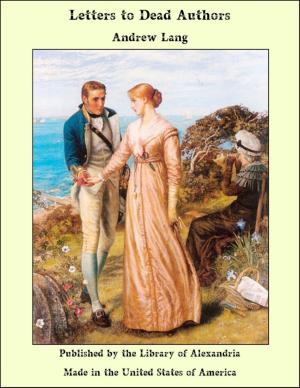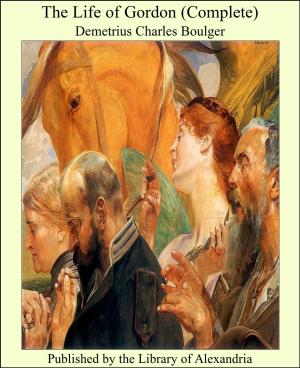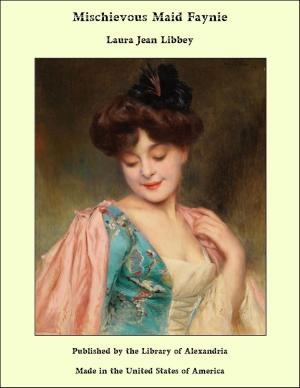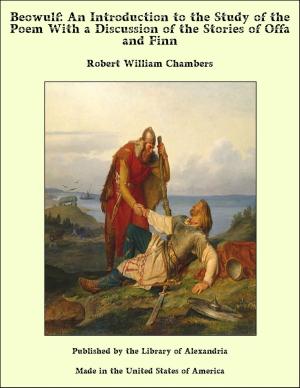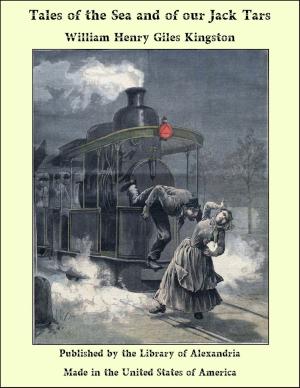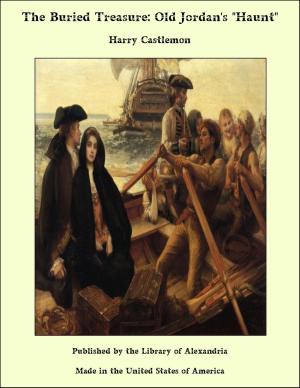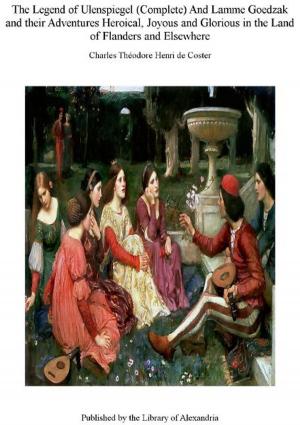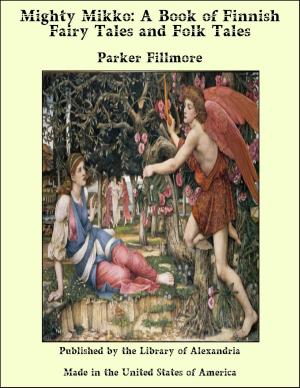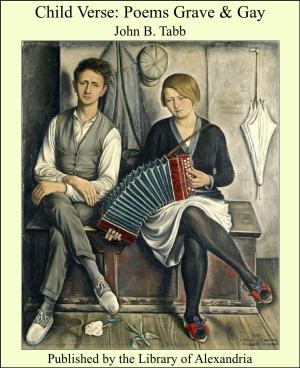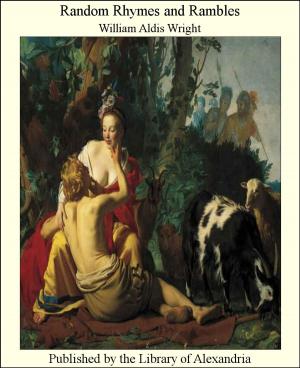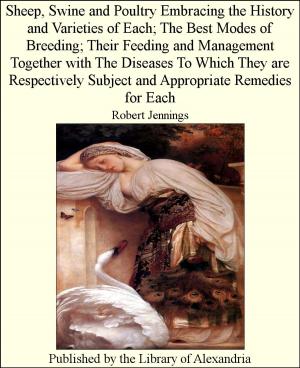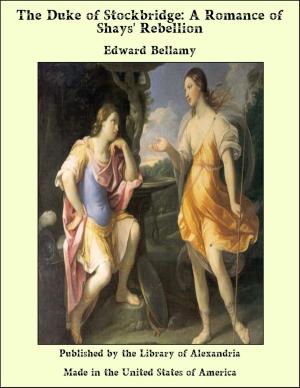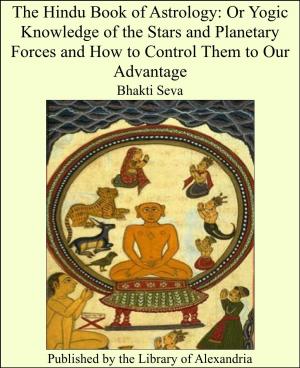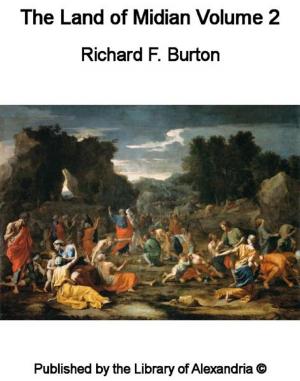Recently Recovered "Lost" Tudor Plays with some others
Nonfiction, Religion & Spirituality, New Age, History, Fiction & Literature| Author: | Anonymous | ISBN: | 9781465614223 |
| Publisher: | Library of Alexandria | Publication: | March 8, 2015 |
| Imprint: | Language: | English |
| Author: | Anonymous |
| ISBN: | 9781465614223 |
| Publisher: | Library of Alexandria |
| Publication: | March 8, 2015 |
| Imprint: | |
| Language: | English |
Unquestionably the chief interest of this volume will centre in the three recently recovered "lost" Tudor Plays: Wealth andHealth, Impatient Poverty, and John the Evangelist. It was, in truth, a unique and notable "find"—one that gladdened the world's scholarship. In June 1906 it was announced that no fewer than seventeen of the rarest pre-Shakespearean interludes, including three "lost" plays and four apparently unknown or unrecorded editions, had been unearthed in an Irish country house. Yet the owner of this quarto volume of old plays, the hammer value of which ultimately proved to be over £2600, thought so little, or knew so little, of its value that it was sent over to the London auctioneers without a cover! It is a matter of surmise, perhaps idle enough, how these old plays got so far afield from the usual centres of early dramatic interest and effort. Still it shows that we need not despair of further "recoveries"; in the most unlikely quarters and when least expected other lost plays of the Tudor period may turn up; and, it must be confessed, if only a tithe of known plays not now traceable are restored, the gain to scholarship will be invaluable. Public interest in this recent recovery was at once aroused; and the contest for possession, when brought to the hammer, was of the keenest. Mr. Bernard Quaritch secured every one. It is, however, a matter of profound satisfaction to know that the rarest and best items of the collection, the "lost" plays and unrecorded editions, were bought for the nation.
Unquestionably the chief interest of this volume will centre in the three recently recovered "lost" Tudor Plays: Wealth andHealth, Impatient Poverty, and John the Evangelist. It was, in truth, a unique and notable "find"—one that gladdened the world's scholarship. In June 1906 it was announced that no fewer than seventeen of the rarest pre-Shakespearean interludes, including three "lost" plays and four apparently unknown or unrecorded editions, had been unearthed in an Irish country house. Yet the owner of this quarto volume of old plays, the hammer value of which ultimately proved to be over £2600, thought so little, or knew so little, of its value that it was sent over to the London auctioneers without a cover! It is a matter of surmise, perhaps idle enough, how these old plays got so far afield from the usual centres of early dramatic interest and effort. Still it shows that we need not despair of further "recoveries"; in the most unlikely quarters and when least expected other lost plays of the Tudor period may turn up; and, it must be confessed, if only a tithe of known plays not now traceable are restored, the gain to scholarship will be invaluable. Public interest in this recent recovery was at once aroused; and the contest for possession, when brought to the hammer, was of the keenest. Mr. Bernard Quaritch secured every one. It is, however, a matter of profound satisfaction to know that the rarest and best items of the collection, the "lost" plays and unrecorded editions, were bought for the nation.

